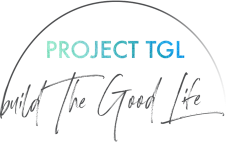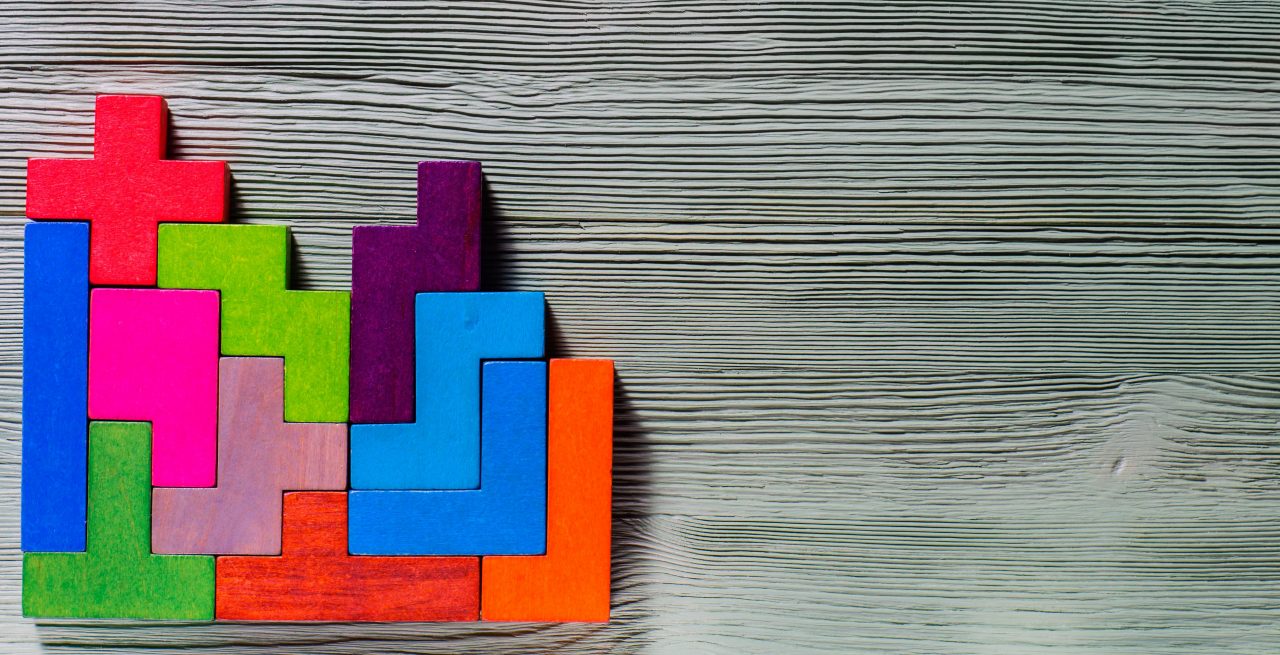Have you ever played Tetris? In high school, I used to play it a lot. I’d play for hours on end, and then go to bed and see brightly coloured shapes falling, falling, falling across the backs of my eyelids.
Sometimes I’d walk around my neighbourhood and imagine how the shapes of the different houses would fit in together. Or sit in the classroom and look at the tetris-like shapes of different objects: pencil cases, books, desks, chairs.
Gratitude is like Tetris.
You’ve probably heard by now that a practice of gratitude is good for your mental health. You know how it goes: write down three things that you’re grateful for every day, and you’ll be happier and … well, more grateful.
I’ve already written about why writing down three things every day doesn’t work as well as some people suggest.
But done right, gratitude does work.
Over time, it helps you to savour the good things, see events more positively, take things for granted less often, and neutralise negative emotions.
Over the last three years, my inner life has changed significantly for the better. I’m a lot less grouchy, anxious, and frustrated than I used to be. There’s more joy, more relaxation, more peace.
I attribute this shift to three big changes:
- Learning how to be more productive with less effort and stress
- Getting sleep therapy so I actually get a full night’s sleep
- Practising gratitude
Yep, you heard me right, gratitude is one of the top three things that has improved my life in the last few years.
These days, thoughts like these pop into my head on an hourly basis:
- Oh, look at the beautiful light streaming in through the window.
- I’m really enjoying this tea.
- How wonderful to be able to make something with my hands today.
Three years ago, that didn’t happen so regularly. And having those thoughts? That makes life good.
So how does gratitude work, anyway?
As I said earlier, it’s like tetris.
Fascinatingly, the most beneficial part of deliberately practising gratitude is not the act of thinking about positive things.
The beneficial part is the moment before that. The moment when you sit down with pen and paper, and scan your life looking for positive things. (It even works if you sometimes can’t think of anything that you’re grateful for!)
Because gratitude is like tetris: when you consciously search for certain patterns, you start to notice them when you aren’t even trying.
Consistently spending time scanning your memory for things to savour teaches your brain to notice things worth savouring. And sooner or later, you start noticing them everywhere.




